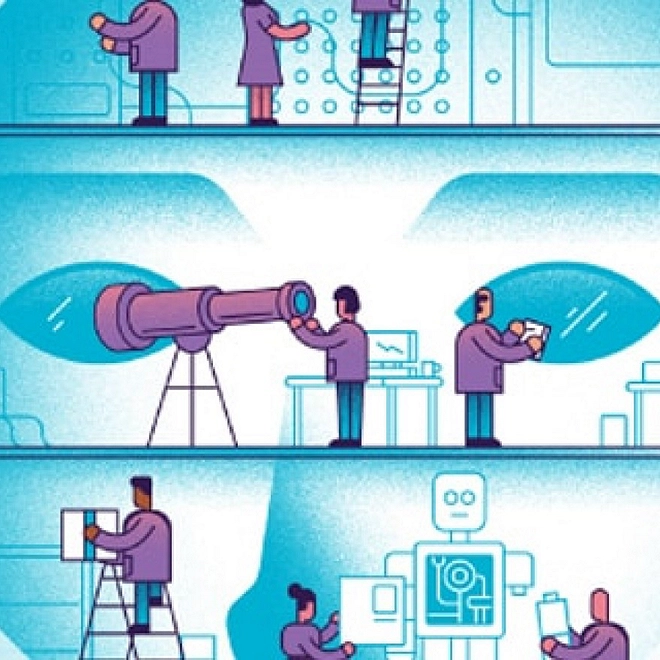Designing work for well-being
Living and performing at your best
Around the globe, employers are increasingly worried about well-being issues presented by the COVID-19 pandemic. The crisis brings physical health consequences for our workforces, and its mental health implications – stress, fear and uncertainty – can be equally devastating. Worker well-being is a top priority today and organisations have the job to improve the wellbeing stamina of the workforce as they navigate a course through this extraordinary global challenge and beyond. Yet overall, many organisations are missing the biggest opportunity for well-being to drive performance: integrating well-being into the design of work itself. Building wellbeing into work takes an organisation’s focus beyond interventions to support individual well-being, to address well-being for the broader team and for the organisation at large. By doing so, organisations can restructure work in ways that help workers not only feel their best but perform at their best, strengthening the tie between well-being and organisational outcomes and fostering a greater sense of belonging overall. 93 PERCENT OF our South African respondents agreed that well-being drives organisational performance to some extent. However, a closer look at our survey findings reveals that the return on investment (ROI) in worker well-being may not be as strong as it could be. Only 35 percent of South African survey respondents said that their organisations are measuring the impact of well-being on organisational performance at all. Fewer than half believed that their well-being strategy was positively affecting other business outcomes, such as the organisation’s customer experience, financial outcomes, reputation, and innovation and adaptability, identifying a missed opportunity.
Addressing well-being effectively isn’t a simple undertaking. Modern wellbeing strategies have evolved to encompass a wide set of programs around workers’ physical, financial, and emotional health, some even extending to workers immediate families and financial dependents. The good news is that our South African survey respondents have recognised this shift, with the majority of respondents indicating that their well-being strategies focus, at a minimum, on the physical, mental, and financial health of their employees.
Our 2020 perspective
Unlike in prior years of Global Human Capital Trends, this year, two trends - well-being and belonging, rose to the top with almost identical importance scores. We believe these topics are top of the survey because they pointed to a real challenge that many organisations are grappling with in the age of the social enterprise: how can they take something so personal and translate it into something that can have a broader impact beyond the individual? Redesigning work around well-being can yield impressive results.




